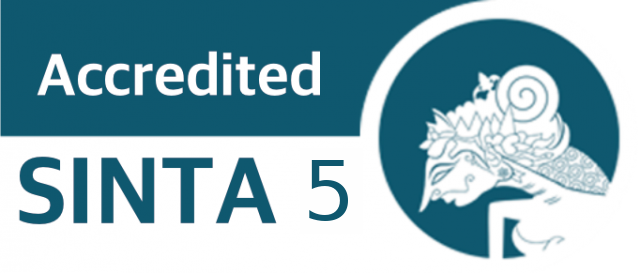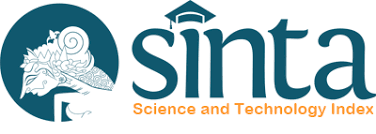PENGUATAN DAN PERAN ORGANISASI KEMASYARAKATAN NGO ATAU NON-GOVERNMENTAL ORGANIZATION DALAM MEMBANGUN KEMITRAAN PENGABDIAN BERSAMA NAFIS FOUNDATION
Abstract
Indonesia is the largest archipelagic country in the world, and is also a developing country, which of course has many aspects on all fronts and on all sides. The problems in developing countries are of course the concern of all parties, especially the government which is currently the leader in leading the wheels of government. In overcoming these problems, of course, it must be handled in a good way or method, especially with a social approach or method, a preventive way, and a persuasive way. With the existence of these problems, of course, will have an adverse impact, both in terms of "problem solving". One way to apply activities that are universal, comprehensive and intact is by carrying out social activities for the community, combining Tri Dhrama Higher Education activities, external institutions or NGOs (Non-Government Organizations), and collaboration with local governments (District / Village) local. This method of implementing community service programs is in the context of delivering the transformation of knowledge in providing an understanding of the importance of the presence of NGOs in social life. Overall this service activity ran smoothly and was followed enthusiastically by the local village community. Some things that can be concluded about the results of community service are the high interest of the community in attending this service, and there is a change in the behavior pattern of the village community who have begun to understand the function of NGOs.
Downloads
References
Haryani, H., Juniarti, E., Rimadani, O. A., Saputra, D. H., & Arfan, A. (2019). Meningkatkan Kualitas Hidup Dan Penataan Hidup Masyarakat Melalui Bumdes. Jurnal Pengabdian Masyarakat Khatulistiwa, 2(2), 101–109. https://doi.org/10.31932/jpmk.v2i2.548
Herdiansah, A. G. (2016). Peran Organisasi Masyarakat (Ormas) Dan Lembaga Swadaya Masyarakat (Lsm) Dalam Menopang Pembangunan Di Indonesia. Sosioglobal : Jurnal Pemikiran Dan Penelitian Sosiologi, 1(1), 49. https://doi.org/10.24198/jsg.v1i1.11185
Mufidah. (2019). STRATEGI KEMENANGAN PADA PILKADA DI KABUPATEN BIMA (Studi Kasus Kemenangan Putra Kesultanan Bima ). Visioner Mpu Tantular, 1, 143–149.
Novianti, K. (2013). Peran NGOs (Non-Govermental Oganizations) Lingkungan dalam Mitigasi Banjir di Praha, Republik Ceko. Kajian Wilayah, 4(2), 165–184.
Rasyidah, R. (2014). INGO Sebagai Agent of Aid: Peran dan Kontribusi Oxfam Internasional dalam Penyaluran Bantuan untuk Pengentasan Kemiskinan. Hubungan Internasional, 2(Global & Policy), 95–103.
Ronasifah, F., Ati, N. U., & Hayat. (2019). Peran Lembaga Swadaya Masyarakat (LSM) Cakrawala Keadilan dalam Pemberdayaan Lingkungan ( Studi Tentang Gerakan Peduli Sampah Di Desa Paciran Kecamatan Paciran Kabupaten Lamongan). Jurnal Respon Publik, 13(3), 53–61. http://riset.unisma.ac.id/index.php/rpp/article/view/3698/3617
Susanti, T., Saputra, D. H., Syah, L. S., & Nilayati, P. (2020). Sinergi dan Penguatan Kegiatan Tri Dharma Perguruan Tinggi Bersama Lembaga Sosial Desa ( LSD ) Desa Anjani. 1(1), 39–43.


.png)

.png)




.png)
.png)


